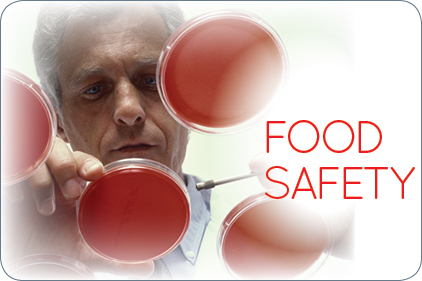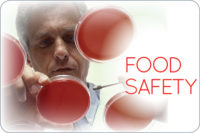In light of the risks, the industry devotes enormous resources to ensuring that our food is as safe as it can be. For decades, science and industry have successfully developed new technologies to further mitigate the chances of pathogens contaminating the foods that we eat.
In the 1960s, Pillsbury began working with NASA to develop the Hazard Analysis and Critical Control Point (“HACCP”) methodology. HACCP was critically important for NASA to ensure that the meals its astronauts were taking into space would be as safe as possible. HAACP soon became a staple of the American meat industry and, with the recent enactment of the Food Safety Modernization Act, will soon be implemented by nearly all companies in the food industry.
One of the most promising emerging food-safety technologies is a post-packaging pasteurization technique known as high-pressure pasteurization (HPP). HPP can be used for a wide variety of perishable foods, and it works by uniformly applying nearly 90,000 pounds-per-square-inch of hydrostatic pressure to prepackaged foods for up to three minutes. The application of high pressure to the product inactivates both spoilage microorganisms and harmful pathogens without affecting the quality of treated food.
There are many additional areas in which technology, bioscience and innovation are blending to improve food-safety capabilities. Bacteriophages (phages) have been studied for more than a century. The potential applications of these organisms have, until recently, been poorly understood. They are, in essence, viruses that attack different types of bacteria. Phages may be designed to attack a particular type of foodborne pathogen, rendering the food safe.
Whether we’re talking about improved processing equipment, better antimicrobial interventions or more robust pathogen testing, advances in food-safety science and technology have reduced and will continue to reduce the annual number of foodborne Illnesses in the United States.
Challenges will continue to emerge, and there will continue to be outbreaks. That is the simple, unfortunate nature of the world we live in. I have absolutely no doubt, however, that the tireless work of so many will overcome whatever challenges we may face, and that the safety of our food supply will continue to improve as we move on through the chapters.










